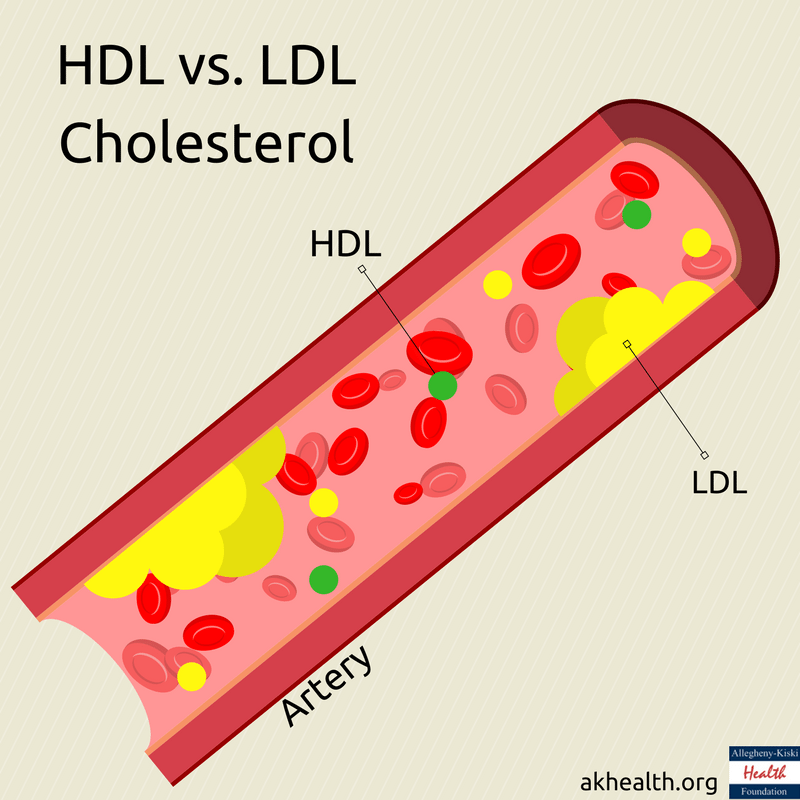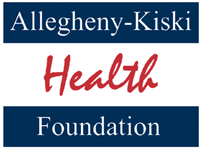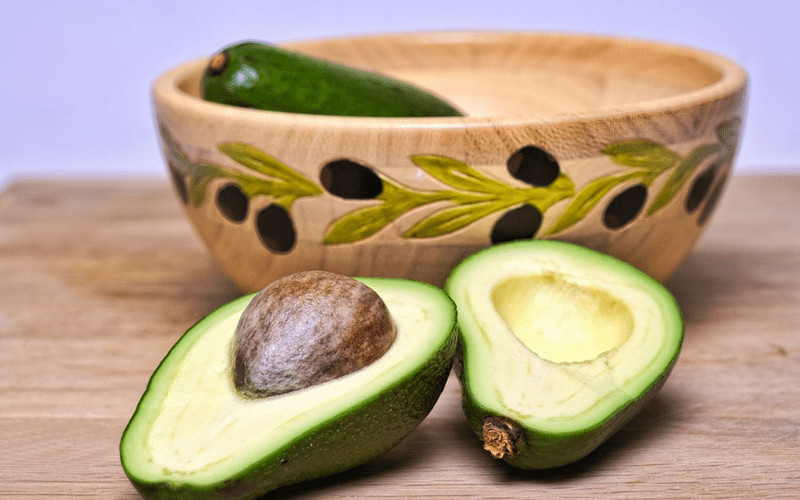Even though cholesterol often gets a bad rap, your body does need some of this fat-like substance to produce hormones, vitamin D, digestive acids, and other important substances. However, when the body has too much “bad” cholesterol and not enough “good” cholesterol, serious health problems including heart attack and stroke can occur. So what’s the difference between good and bad cholesterol and how do you keep them balanced? Read on to learn more.
“Good” HDL Cholesterol
The “good” type of cholesterol is called high-density lipoprotein, or HDL. This type of cholesterol is responsible for transporting excess cholesterol to your liver, where it can be expelled from your body.
When measuring HDL levels, you want the number to be at least 60 or higher. HDL levels at 40 or below indicate an increased risk for heart disease (Harvard Health Publishing).
“Bad” LDL Cholesterol
Low-density lipoprotein, or “bad” cholesterol, is problematic because it can build up along the walls of your arteries and blood vessels. This plaque buildup, which is medically known as atherosclerosis, can lead to reduced blood flow to the heart, peripheral artery disease, kidney disease, and heart disease.
Ideally, you want your LDL levels to be as low as possible. LDL levels less than 100 mg/dL are considered normal, but anything above 100 could be a risk factor for developing serious health complications.

How to Balance Your Cholesterol Levels
The good news is that if your cholesterol levels are unbalanced, meaning your HDL levels are too low and your LDL levels are too high, there are some things you can do to help rebalance them and reduce your risk of heart disease and other health issues:
- Don’t smoke.
- Maintain a healthy stable weight, ideally with a BMI of 30 or less.
- Limit sugar intake.
- Swap out “bad” fats like bacon, butter, and hydrogenated oils for “good” fats like fish, avocado, and flax seed.
- Get regular exercise, even if it’s walking around the block. You don’t need to be a marathon runner to benefit from getting up and moving!
Still Have Questions?
If you’re still struggling to reduce LDL cholesterol or have other questions that aren’t addressed here, feel free to get in touch with the friendly community nurses at the Allegheny-Kiski Health Foundation. They would be more than happy to answer your questions and point you in the right direction if you need help finding a specialist or other healthcare professional.






